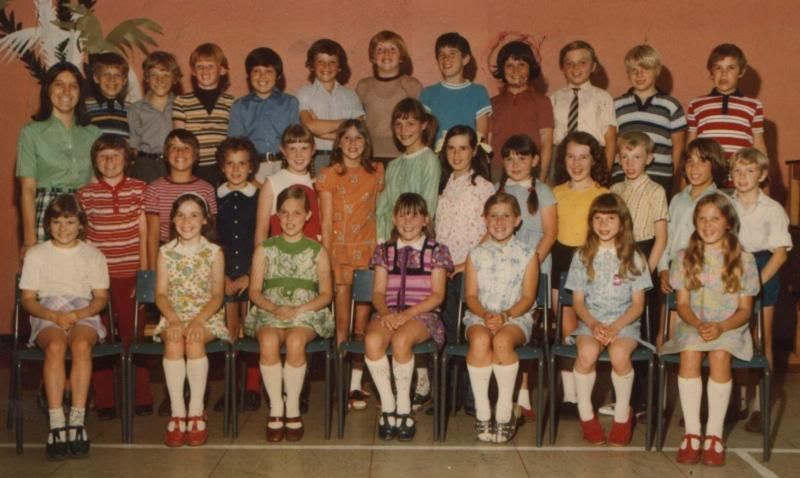Bielefeld School
As Bielefeld school of German historiography a social science embossed school direction is called what those appointed to the newly founded University of Bielefeld in the early 1970s historian Hans- Ulrich Wehler and Jürgen Kocka (now Berlin) coined. She has since influenced the German social history relevant. Wehler defined his field of work as Historical Social Science, for which he resorted to methods of sociology and partly of psychology (especially psychoanalysis ). Also within the Bielefeld school, the concept of social history was born. It seeks after the model of the French Annales school of a story of whole societies ( "Histoire totale" ) along the leading axes economy, social inequality, politics and culture.
Concept
Wehler and Kocka developed their particular approach in their work on the social structure of German society based on theories of social historians of the 19th century and early 20th century. As a forum of the Bielefeld school is edited by Wehler and Kocka journal history and society.
As a counter-movement to historicism, the Bielefeld School turns against the concentration of the study of history to political events and instead stresses the importance of social structural phenomena. Their representatives reject the supporting role of individuals largely from or define it as a socially conditioned. For their opponents, they counted especially Klaus Hildebrand and Lothar Gall, Bismarck whose biography 1980 a counterpoint sat.
The term is often Bielefeld School - by conservative critics partly ironic - used as a synonym for the approach Wehler and Kocka; "second generation" of them influenced the school temporarily teaching in Bielefeld Heinz- Gerhard Haupt and Ute Frevert be expected. The brothers Wolfgang and Hans Mommsen, who taught in Dusseldorf and Bochum, despite some overlap is usually not counted in the Bielefeld School, as they are not socially or history of mentality worked in the first place. However, Hans Mommsen tells the Bielefeld School a " structuralist " or " functionalist " understanding of history, which he wore in particular the interpretation of National Socialism and thus of a more fixed on the person of Hitler, " intentionalist " interpretation demarcated.
With focus on the modernization theory as a key aspect of the historical social science Christof Dipper counts as their " conceptually important representatives / inside " on: Gisela Bock, Ute Frevert, Jürgen Kocka, Hans Mommsen, Wolfgang J. Mommsen, Gerhard A. Ritter, Reinhard Rürup, Wolfgang Schieder, Winfried Schulze, Klaus Tenfelde and Hans- Ulrich Wehler.
Criticism
Increasing criticism of the Bielefeld School practiced since the 1980s, the "new cultural history " to demand that the guiding category " society" be replaced by " culture". This controversy has used the Bielefeld school to acquire new methods (eg discourse analysis) and topics ( history of everyday life, Gender History ). The structural history approach and the adoption of a primacy of Socioeconomic have been seen in perspective in this context, while interdisciplinarity and the use of theoretical models have remained characteristic of the Bielefeld School.
Other Sciences
The Bielefeld School in the history of science is not to be confused with the theory of 1968 teaching at the University of Bielefeld sociologist Niklas Luhmann and his students, which is sometimes also called Bielefeld School or Bielefeld systems theory. Furthermore, a Bielefeld School, in addition to their spiritual home at the University of Bielefeld in turn has nothing to do with the schools mentioned above exists in the theory of evolution.









